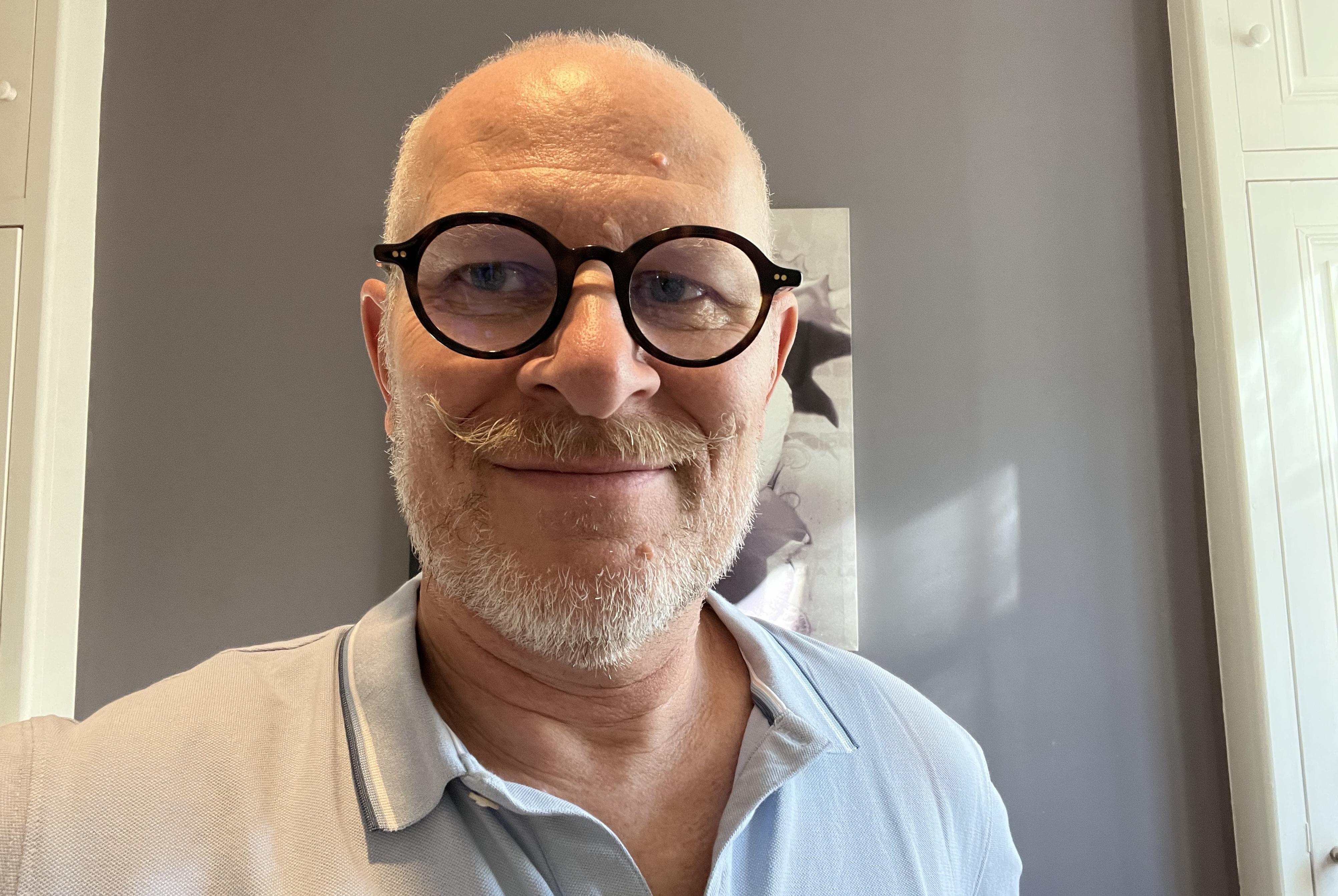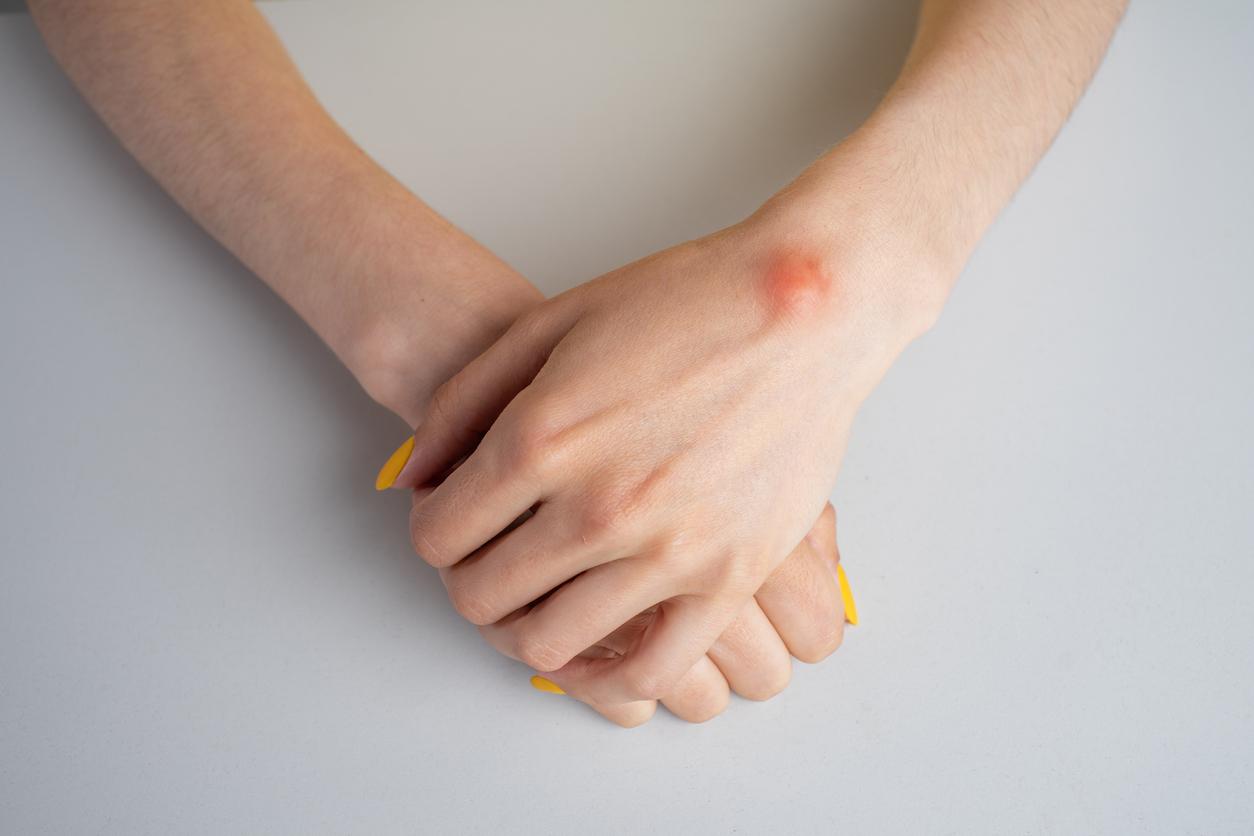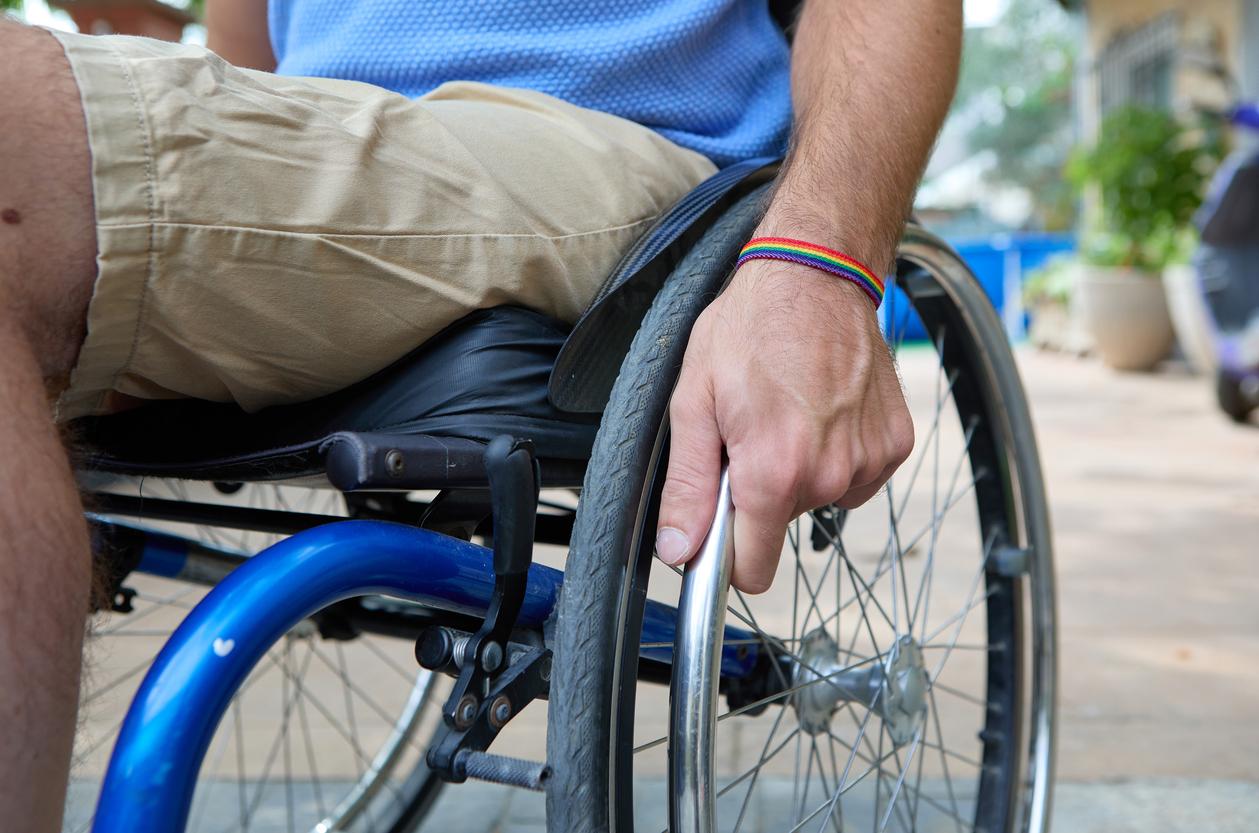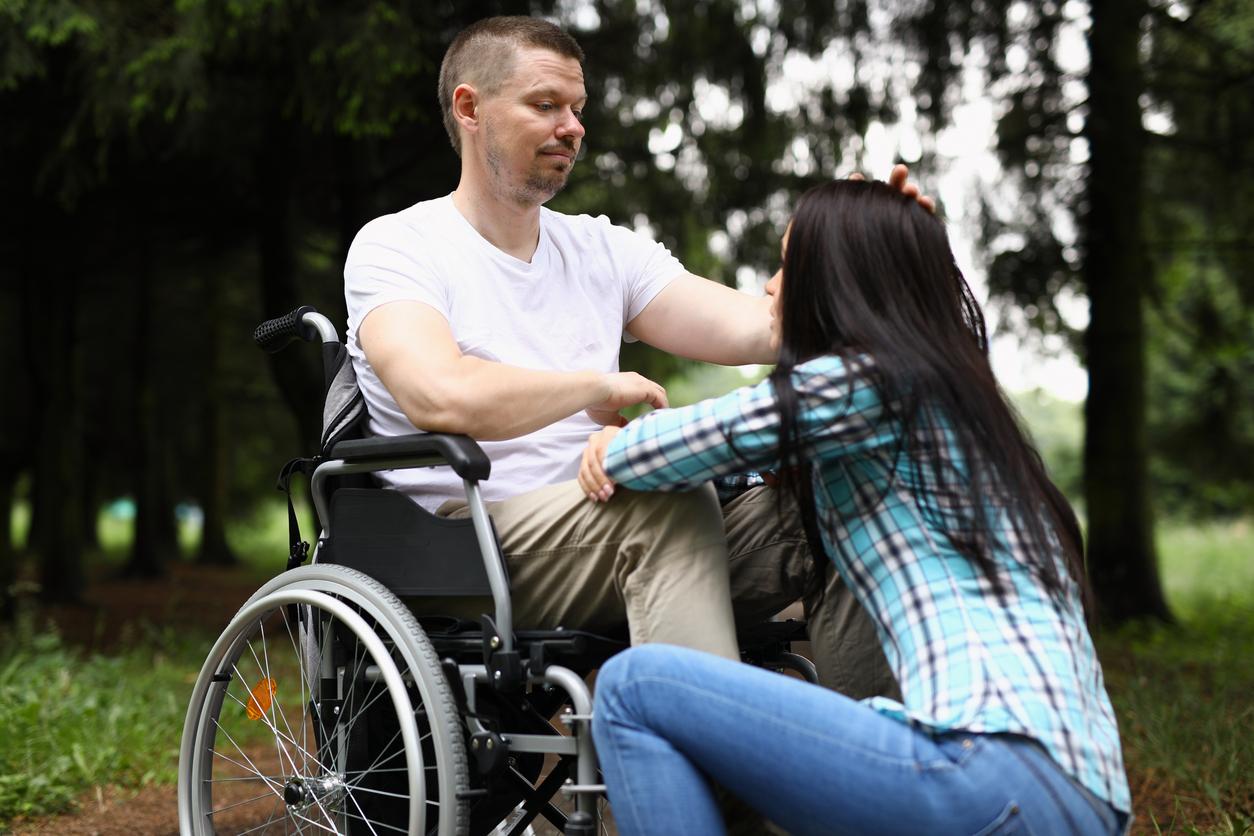Following poor emergency care in 2016, Guillaume suddenly lost his wife, who was only 32 at the time and the mother of 5 children.
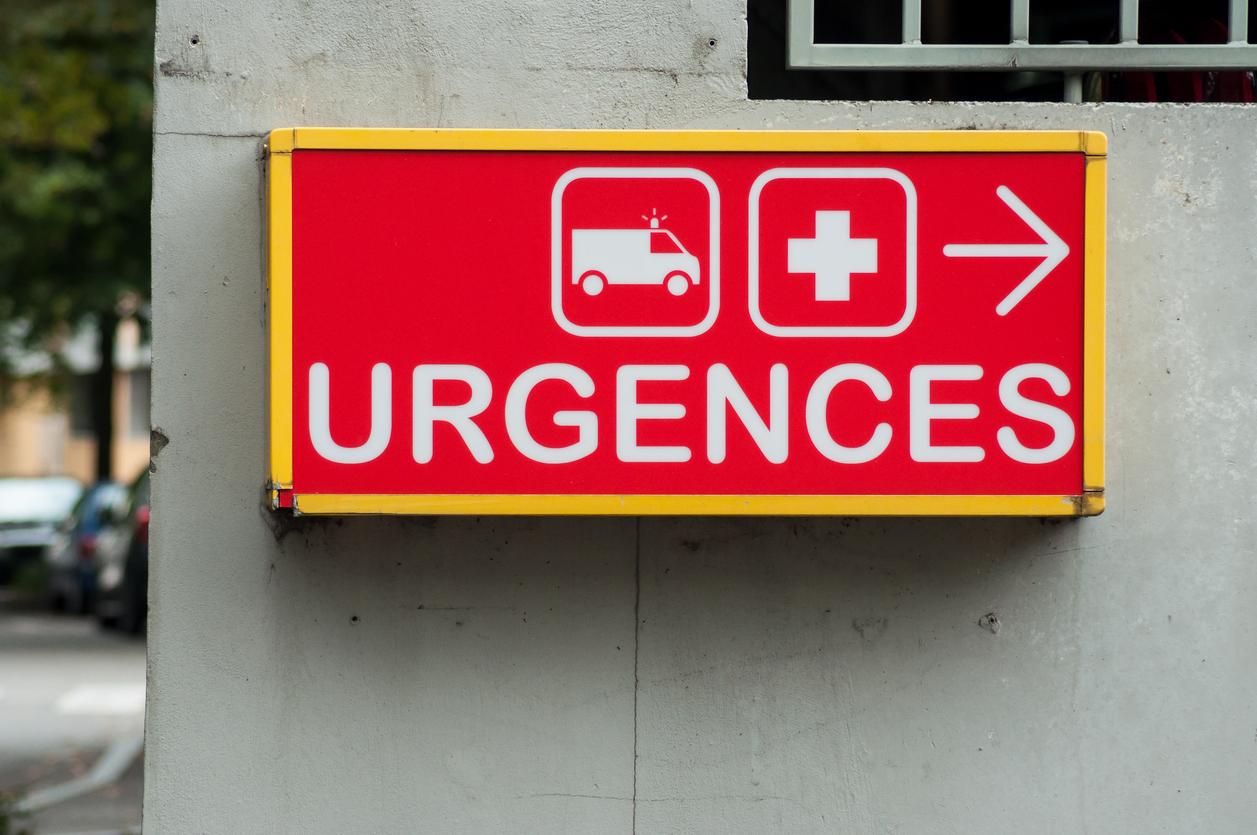
- Following poor emergency care which cost his wife her life, Guillaume decided to take legal action against the Guebwiller hospital.
- After a grueling six-year legal battle, he recently won his conviction and around 170,000 euros in compensation.
- “My grieving was really very complicated and very painful,” he says.
“They did everything they shouldn’t have done.” On November 23, 2016, the lives of Guillaume and his 5 children* were changed forever by the death of his wife Flavy. At only 32 years old, the young mother died of meningitis following poor emergency care.
Shortly before the tragedy, Flavy spent four days bedridden with a high fever and headaches. Her speech was difficult and she seemed to no longer hear or see properly. Guillaume then ended up calling 15 and Flavy was taken to the emergency room at Guebwiller hospital.
Two hours later, the on-call team gave her paracetamol to bring down her fever and Guillaume was allowed to take her home. Still extremely weak, Flavy could only move around in a wheelchair. Guillaume therefore put her in the passenger side of their car and went to the pharmacy to get the Advil prescribed by the doctor.
Back home and reassured by their visit to the hospital, Guillaume puts his wife to bed after giving her her anti-inflammatory treatment. But as he falls asleep next to her, Flavy is overcome by violent stomach pains that prevent her from falling asleep. Doubled over with pain, she loses consciousness twice during the night. At 6 a.m., Guillaume, very worried, calls 15 again.
“Flavy’s death was so sudden that at first I had a hard time taking it in.”
Victim of a major drop in blood pressure, Flavy is this time rushed by the SMUR to the Colmar hospital. As soon as she arrives, she is operated on by doctors who suspect an ectopic pregnancy. Guillaume is then told to go home while waiting for news.
In the afternoon, he learns that his wife is being kept asleep and that the teams are going to transfer her to intensive care. Guillaume is therefore invited to go to the department in question around 3 p.m., where a doctor tells him privately that the situation is very serious. About 30 minutes later, another doctor warns him that his wife is between life and death. He is then quickly informed of Flavy’s death.
“His departure was so brutal that at first, I had a hard time taking it in. It was a real tsunami and the end of a whole story. I loved my wife, our relationship was going well, we were the happy parents of 5 children that we had all wanted to have… My mourning was really very complicated and very painful,” says Guillaume. “Each of my children reacted in their own way. Aged only 2 and 5, the youngest do not remember the funeral, but the older ones do. This ordeal has marked them forever. It is something that never really disappears, especially since they are now reaching ages in life where the absence of their mother will be really significant,” he laments.
170,000 euros in compensation: “The amount paid is derisory compared to the damage suffered”
It is precisely for his children that Guillaume decided to take the Guebwiller hospital to court. After 6 years of grueling legal battle, he recently obtained his conviction and approximately 170,000 euros in compensation*. “Basically, I am satisfied, because the aim of this process was to know the exact cause of my wife’s death and to establish whether there had been a failure in medical care. Thanks to this, I can now communicate established facts to my children and explain to them that there is an institution responsible for their mother’s death, with an associated conviction and compensation. This has greatly calmed the anger of one of my sons,” explains Guillaume. “On the other hand, I believe that the amount paid is derisory compared to the damage suffered and the fault of the emergency services, whose responsibility for my wife’s death was established at 80%*. The judge considered that since Flavy was not working at the time of the tragedy, her death did not cause any economic loss… Which is totally grotesque! Originally, my lawyer had requested compensation of 1,200,000 euros,” he explains.
“If I had to do it again, it’s clear that I wouldn’t act the same way.”
Despite the setbacks, Guillaume did not appeal. Far from hatred, vengeance and resentment, he nevertheless feels regrets about the events of November 2016. “I don’t feel any hatred towards the doctor who took care of Flavy, because there was a whole department behind him. He was also probably the victim of a public health system that was at the end of its tether and seriously lacking in resources,” estimates the father of the family. “But if I had to do it again, it’s clear that I wouldn’t act the same way. For example, I would arrange to accompany my wife to the hospital instead of staying with the children. I would also demand that Flavy have a blood test and I would ask more questions about her care. I would also avoid giving her Advil, because it was this medication that masked all the symptoms of meningitis. I would finally ask to see my wife to say goodbye, which I was unable to do,” testifies Guillaume.
Today, this independent pedagogy trainer has rebuilt his life in Saint-Gaudens. He married his new partner three years ago, thus officially becoming the stepfather of two children from a previous relationship. “After Flavy left, I very quickly chose to look to the future and rebuild myself, because I had 5 children and I couldn’t stop there,” he explains.
“To prevent the tragedy I experienced from happening again, I believe we should give more resources to public hospitals. Unfortunately, many people seem to forget that behind this problem, human lives are at stake!” he concludes.
* In 2016, their children are 11, 9, 7, 5 and 2 and a half years old.
* Extract from the judgment: “It results from the investigation, and in particular from the report of the expert appointed by the court, that the failure attributable to the Guebwiller hospital center caused Mrs. Bousquet to lose a chance of survival which can be estimated at 80%.”










